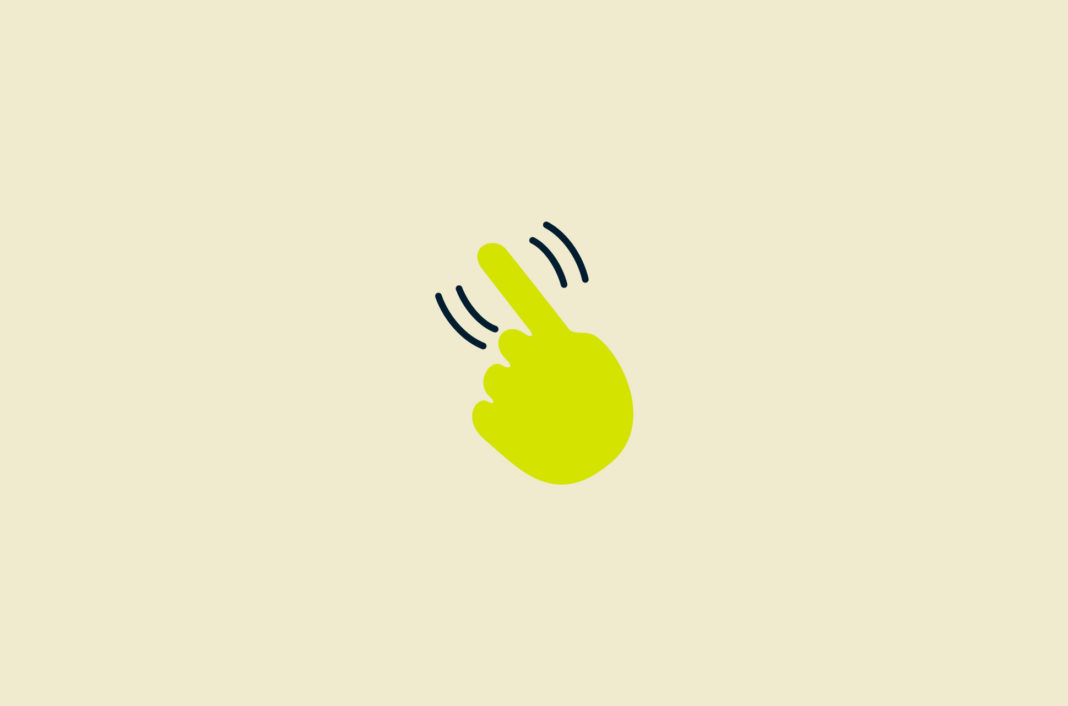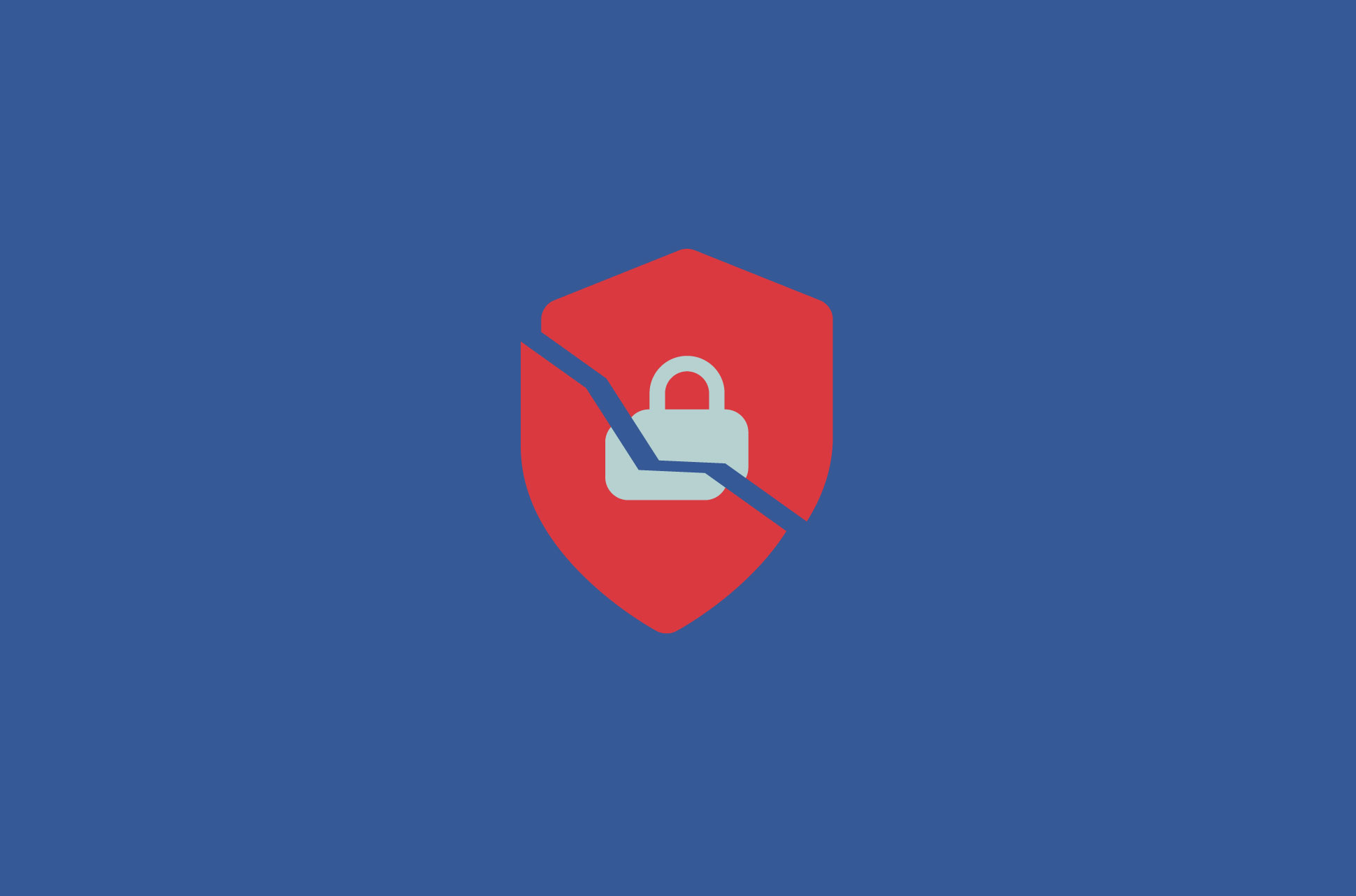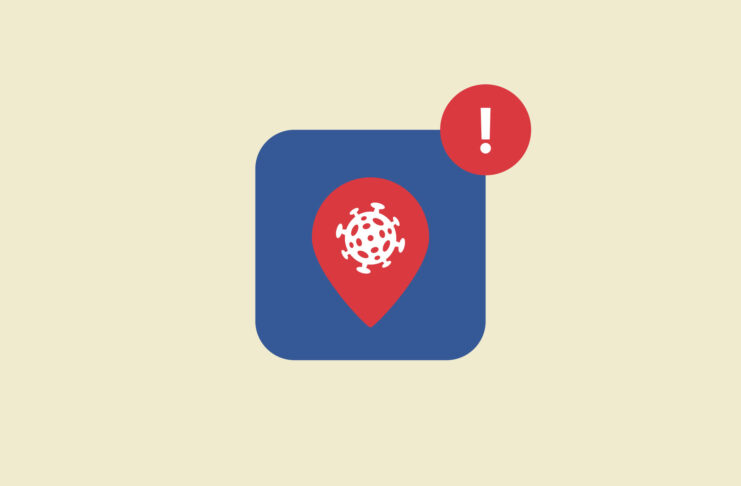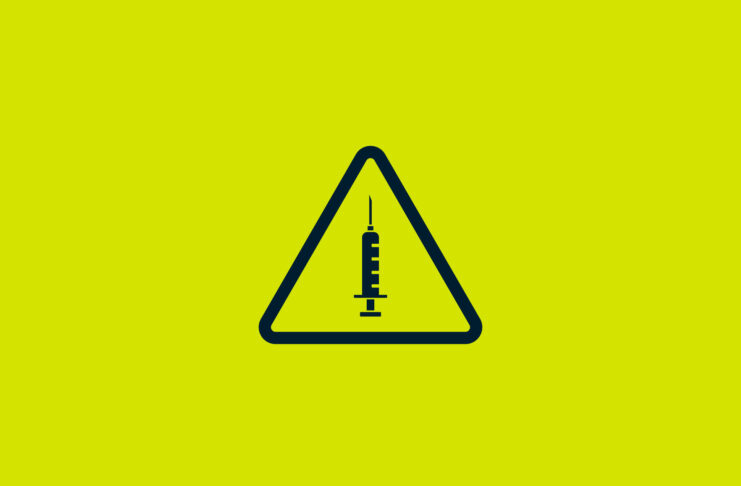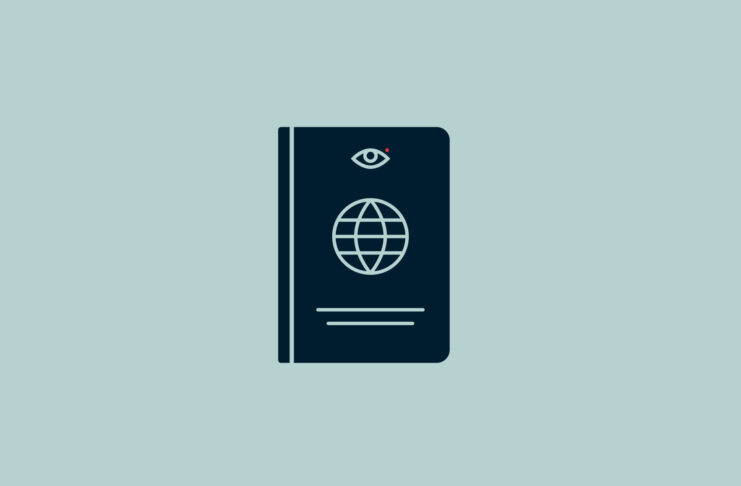Clubhouse, the invite-only chat app, has taken the social media world by storm. It got a big boost thanks to Tesla CEO Elon Musk, who tweeted on January 31 that he would be making an appearance on the audio-chat platform.
How Clubhouse works
For the uninitiated, Clubhouse is a social-media app that lets users be a part of or listen in on audio conversations.
To start, users can create rooms to have live discussions on specific topics. Currently, there are two types of rooms: open and closed. Open rooms allow other users to pop in and listen to or interact with the hosts, while closed rooms are restricted to those invited. The app has been a success with Silicon Valley entrepreneurs and is favored by celebrities such as Drake, Oprah Winfrey, and Kevin Hart since its inception in 2020.
Who gets to use Clubhouse

Unlike other social-media networking tools, Clubhouse isn’t open to everyone yet. The app is currently in beta, and only existing members can invite others to join or allow friends in their contacts list—not so different from the beginnings of Facebook. The app is so exclusive that each member can only extend one invite to someone else to begin with. It is also only available on iOS devices.
Members gradually earn more invite codes as they use the app. Some existing members have even taken to profiting off their invite codes, selling them on sites like eBay and Idle Fish, Alibaba’s secondhand marketplace.
Harassment and privacy on Clubhouse
When it first started, Clubhouse already had to deal with issues like hate speech and abuse on its platform. One notable incident involved New York Times reporter Taylor Lorenz, who was taunted on the app and powerless to report hate speech or block users from interacting with her.
In its nascent stage, it appears that Clubhouse has spared little thought for policing harassment and moderating discussions. Granted, given that the content is largely audio-based, it would be more difficult to moderate and flag issues than a text-based app.
What about privacy? For now, Alpha Exploration, the owners of Clubhouse, has stated in its privacy policy that it temporarily records the audio for a room but deletes it if users report no violations. All audio recordings are encrypted, but the company can share these audio clips with law enforcement if required. One other thing to note is that, unlike platforms like Snapchat, where users are notified if someone takes screenshots of their photos, users on Clubhouse have no way of knowing if other users with third-party tools have recorded their audio.

Additionally, the app requires access to a user’s entire address book, which experts suspect creates shadow profiles of a user’s contacts on its servers. Shadow profiles are created for individuals not on the app, without their approval.
With exclusivity also comes risk to potential users. Those hoping to become members of Clubhouse could more easily fall victim to phishing scams as they clamor for an invite code.
Can you stay private on Clubhouse?
If you want to sign up for Clubhouse, you might want to wait for a much more stable version of the app before jumping on the bandwagon. According to the app’s site, the company wants to iron out any kinks before releasing it to the general public. The company has also stated that it is working toward having more robust community policies and tools.

If you’re one of the few that has scored an invite onto the app, review your privacy settings. New members can select from a detailed list of interests, but as always this is personal information you might not want to reveal. Like most social-media services, Clubhouse allows users to find and follow friends already on the app, but this requires the app to access your address book.
The rooms are frequently associated with local interests, and users can easily give away their location by joining a number of these rooms. Be wary of this if you want to keep your location private. Additionally, use a non-identifying display picture, and avoid linking your other social-media accounts on the app.
